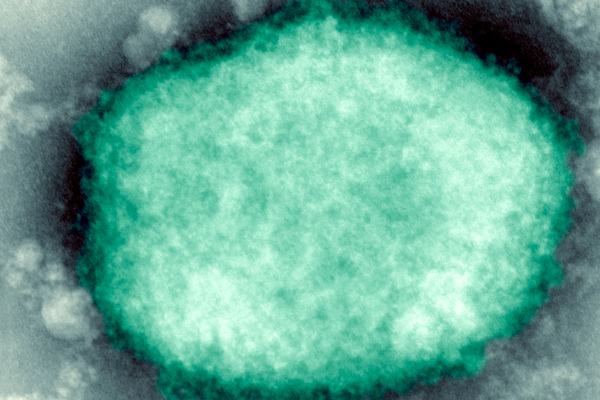Health authorities race to confirm possible monkeypox case in Sydney

Health authorities are scrambling to confirm a possible case of monkeypox in Sydney.
The man aged in his 40s developed mild symptoms a few days after returning from Europe and sought advice from his GP.
It was determined his symptoms match those of monkeypox and urgent testing has found he is a probable case.
He is now isolating at home with another person.
A case has already been confirmed in Victoria at The Alfred Hospital.
A man aged in his 30s, who had recently visited the UK, is isolating at the hospital with mild symptoms.
What is monkeypox?
The virus is mostly found in west and central Africa but an outbreak has recently been detected in Europe.
The cases are typically linked to international travel or imported animals infected with the pox.
Initial symptoms are typically flu-like with fever, chills, fatigue, headache and muscle weakness.
The national US public health agency, Centers for Disease Control and Prevention (CDC), reports a symptom that distinguishes the virus is swollen lymph nodes.
The symptom will be followed by a widespread rash across the face and body, extending to inside the mouth and on the palms of hands and soles of feet.
The painful, raised poxes are pearly in appearance, filled with fluid and often surrounded by red circles.
The lesions scab over and resolve over a period of two to three weeks, the CDC says.
Image: BSIP/UIG Via Getty Images














